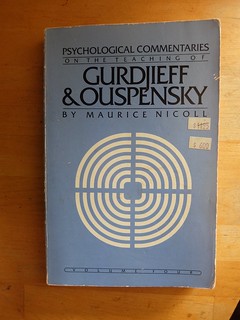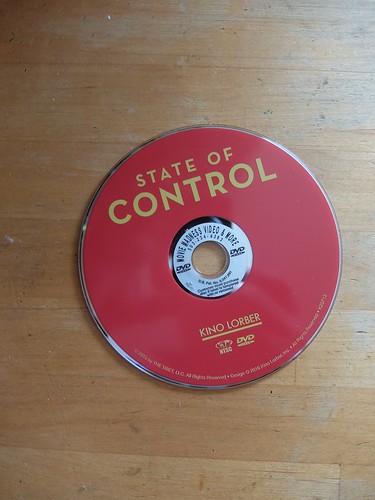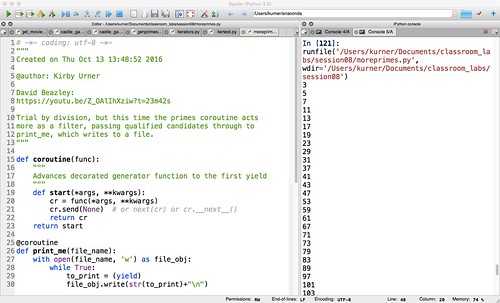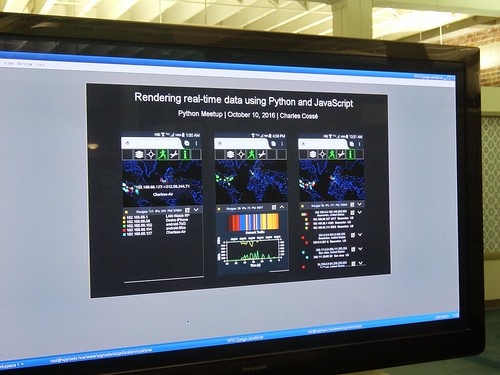Here's another science fiction story I likely won't have time to flesh out. Instead of Gulen charter schools, which are under attack these days, the Gurdjieff lineage has flourished and USers find themselves surrounded by a Fourth Way "cult" or "covert network" as we say today, with its own charter schools. People who read the Bible and like that. The volumes I'm reading are intensely Gospel-oriented.
These charters would have self-discipline classes wherein students learned not to identify with their most negative moods, thinking every mood (or mode) was them. Don't give your "I" to just any jester that happens to come along, in that back alley we call your mind. Be discriminating. Pay attention to the company you keep, within the theater of your own psyche.
Parents like it, as junior ends up seeming better adapted after awhile. Something about a "triad" of forces and their clever resolution. Some of the teachers espouse a "fourth way" almost like a catechism.
I can hear the phone ringing off the hook already, in the principal's office. "What nonsense are you telling my child?" Some anti-Christian no doubt. Anyway, of course that's not realistic as the schools would have these brochures and other literature. You'd know what you're getting into. Charters are like that. Yes, they have ethnicity.
The thing about traditional public schools is they sweep that they have an ethnicity under the rug, as it's those "others" who are "diverse" whereas "we" the traditional white people or whatever, are the mainstream, so of course we're not "ethnic" in any way. They actually seem to think that, outlandish as that sounds.
Whether or not to send junior to "that Russian school" would indeed be dinner table conversation. I'm not saying I know what our family choice would have been. Maybe it's the dad, looking for work as a teacher. Would he teach math at Ouspensky Academy? He'd want to do some homework at least, right? What would the curriculum really look like? The devil is in the details.
The so-called "traditional" public schools have already made civics walk the plank, along with art and music most likely, and then made off with the building as something they own. I'm not saying any charters, however well designed, have the ability to rescue these pirates from storms of their own making. What standards did those standardized tests embody? We have anthropologists researching that now. Don't tell me there was no "ethnicity" in the picture, of course there was.
The worst of any imperial legacy is this blindness to one's own subjectivity, as that's the objective world in one's mind. Remembering oneself is out of the question because "I am the world" i.e. "reality is what I think it is." Questioning authority at that root level is like questioning God or something, simply beyond the pale, not done. A blind spot, in other words, a mile wide and probably a mile deep (we'll never know for sure). Some individuals manage to snap out of it. Others, many others, seem to never escape the vortex.
These charters would have self-discipline classes wherein students learned not to identify with their most negative moods, thinking every mood (or mode) was them. Don't give your "I" to just any jester that happens to come along, in that back alley we call your mind. Be discriminating. Pay attention to the company you keep, within the theater of your own psyche.
Parents like it, as junior ends up seeming better adapted after awhile. Something about a "triad" of forces and their clever resolution. Some of the teachers espouse a "fourth way" almost like a catechism.
I can hear the phone ringing off the hook already, in the principal's office. "What nonsense are you telling my child?" Some anti-Christian no doubt. Anyway, of course that's not realistic as the schools would have these brochures and other literature. You'd know what you're getting into. Charters are like that. Yes, they have ethnicity.
The thing about traditional public schools is they sweep that they have an ethnicity under the rug, as it's those "others" who are "diverse" whereas "we" the traditional white people or whatever, are the mainstream, so of course we're not "ethnic" in any way. They actually seem to think that, outlandish as that sounds.
Whether or not to send junior to "that Russian school" would indeed be dinner table conversation. I'm not saying I know what our family choice would have been. Maybe it's the dad, looking for work as a teacher. Would he teach math at Ouspensky Academy? He'd want to do some homework at least, right? What would the curriculum really look like? The devil is in the details.
The so-called "traditional" public schools have already made civics walk the plank, along with art and music most likely, and then made off with the building as something they own. I'm not saying any charters, however well designed, have the ability to rescue these pirates from storms of their own making. What standards did those standardized tests embody? We have anthropologists researching that now. Don't tell me there was no "ethnicity" in the picture, of course there was.
The worst of any imperial legacy is this blindness to one's own subjectivity, as that's the objective world in one's mind. Remembering oneself is out of the question because "I am the world" i.e. "reality is what I think it is." Questioning authority at that root level is like questioning God or something, simply beyond the pale, not done. A blind spot, in other words, a mile wide and probably a mile deep (we'll never know for sure). Some individuals manage to snap out of it. Others, many others, seem to never escape the vortex.












